
Chef’s Table has become the touchstone of beautifully shot food television. David Gelb’s show married the worlds of high-end photography, personal storytelling, and food porn into a single package that entrances, engages, and entices viewers in equal measure. Since launching in 2015, the show has grown from highlighting the uber-elite of the restaurant world to seeking out unique voices who tell millennia-old stories through the food they cook, sometimes in faraway jungles or inaccessible ancient monasteries.
In short, the show is no longer is a paean to the 1%-pleasing celebrity chef. It’s now a well-rounded exploration of everything that food is and can be for humankind.
To celebrate the beauty of Chef’s Table, we thought we’d call out the ten episodes across the entire franchise that speak to us most deeply. We’ve updated the list to include the latest season of the show, which was centered on four BBQ chefs from different corners of the world. Overall, these ten episodes offer a gateway to the show’s larger ecosystem. Hopefully, they’ll help you get into the docuseries and that, in turn, will help you expand your food knowledge, dining palate, and overall appreciation.
10. Massimo Bottura (Volume 1)
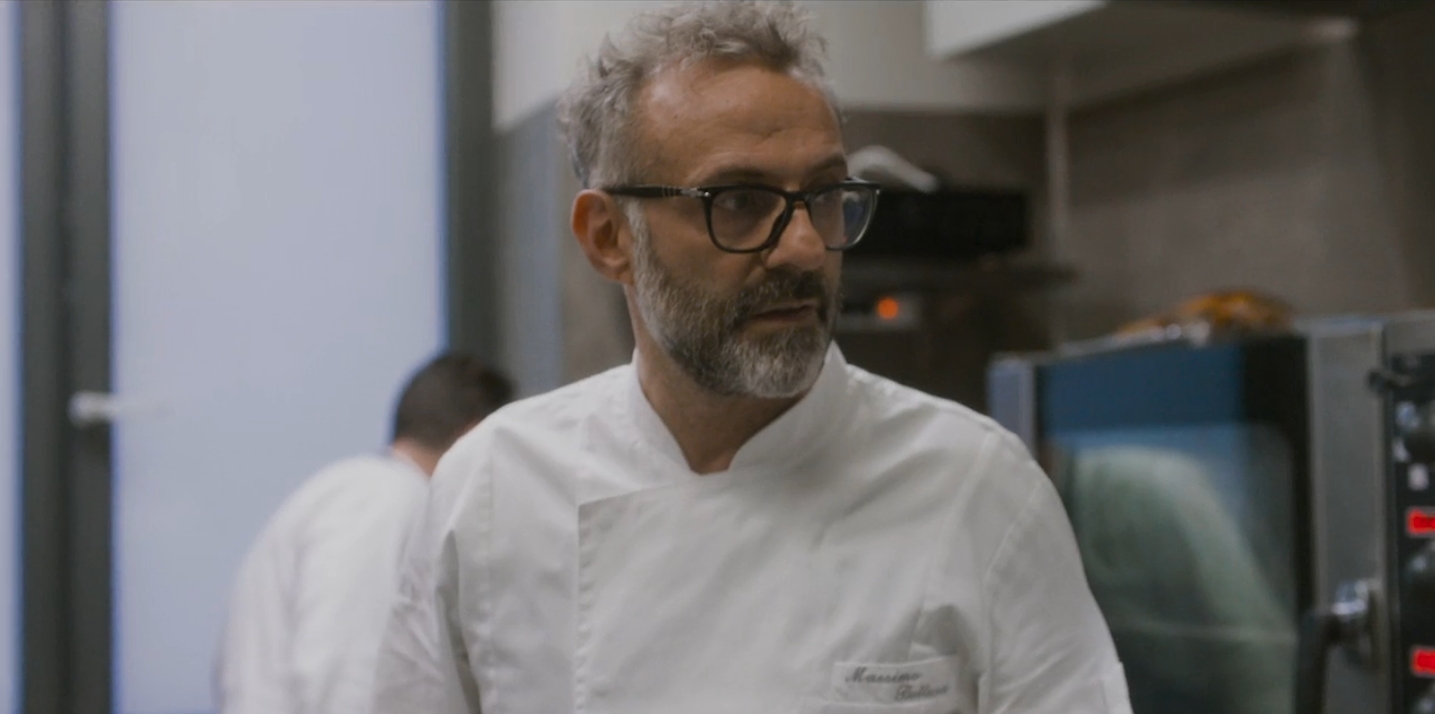
This is where it all started. So where better to start your journey with Chef’s Table?
Chef Massimo Bottura’s legendary Osteria Francescana had already been around for 20 years by the time this episode dropped. The episode caught Chef Bottura in the moment just before his lauded osteria was crowned number one by The World’s 50 Best Restaurants (he had come in second the previous year). The episode has distinct echoes from creator David Gelb’s Jiro Dreams of Sushi. Bottura’s artistry, charisma, and, of course, dishes are all on full display and it hooks you right in.
9. Sean Brock (Volume 6)
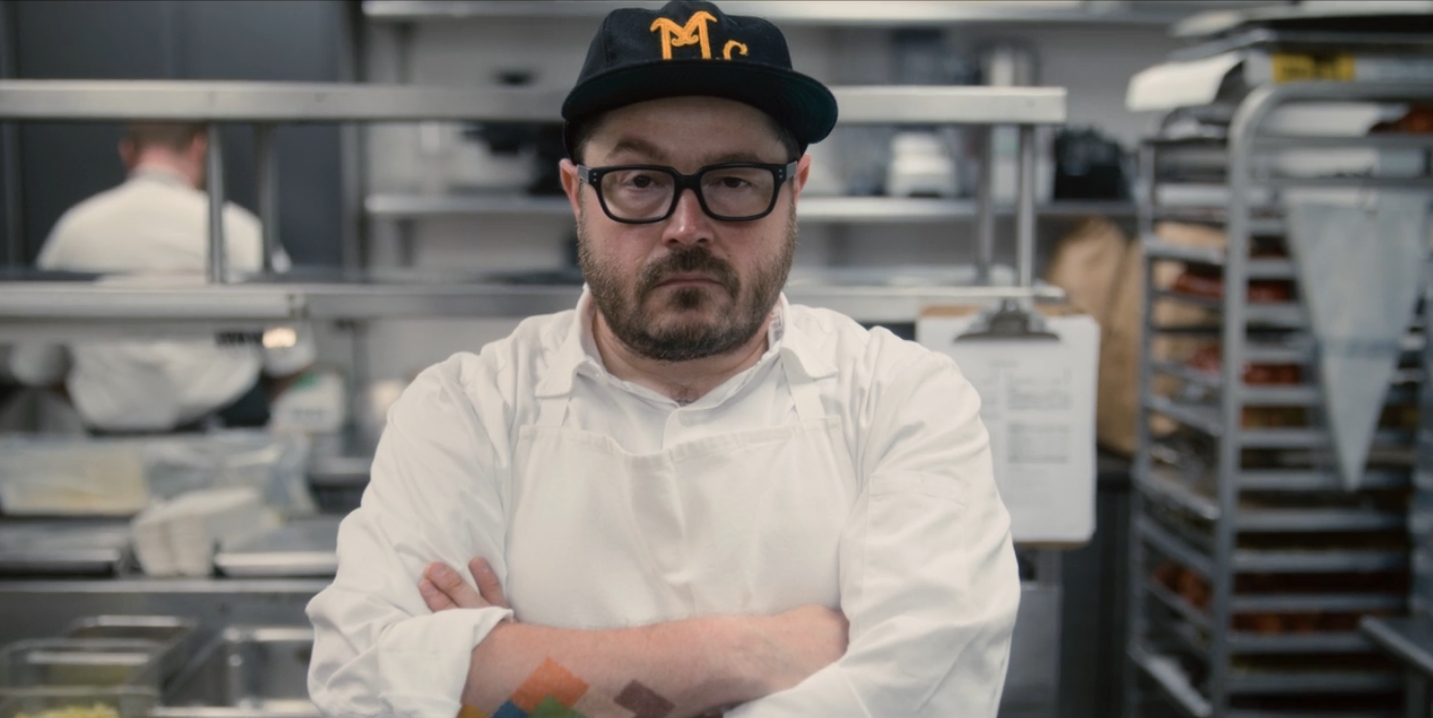
Volume six of Chef’s Table upped the ante when it comes to what great food TV can be. A shining example of that was chef Sean Brock’s episode, which found the chef transitioning from his life at Husk to the next chapter both physically and mentally.
Chef Brock is a celebrity chef who has made the rounds of food TV for years now. He’s been a proponent of local Carolina foods and helped herald a resurgence in a wider appreciation for Southern cuisine. He’s also battled many demons stemming from alcohol and loss. Brock’s episode will move you while showing you how deep some chefs have to go to reach the highest levels of culinary achievement.
8. Tootsie Tomanetz (Volume 7/BBQ)
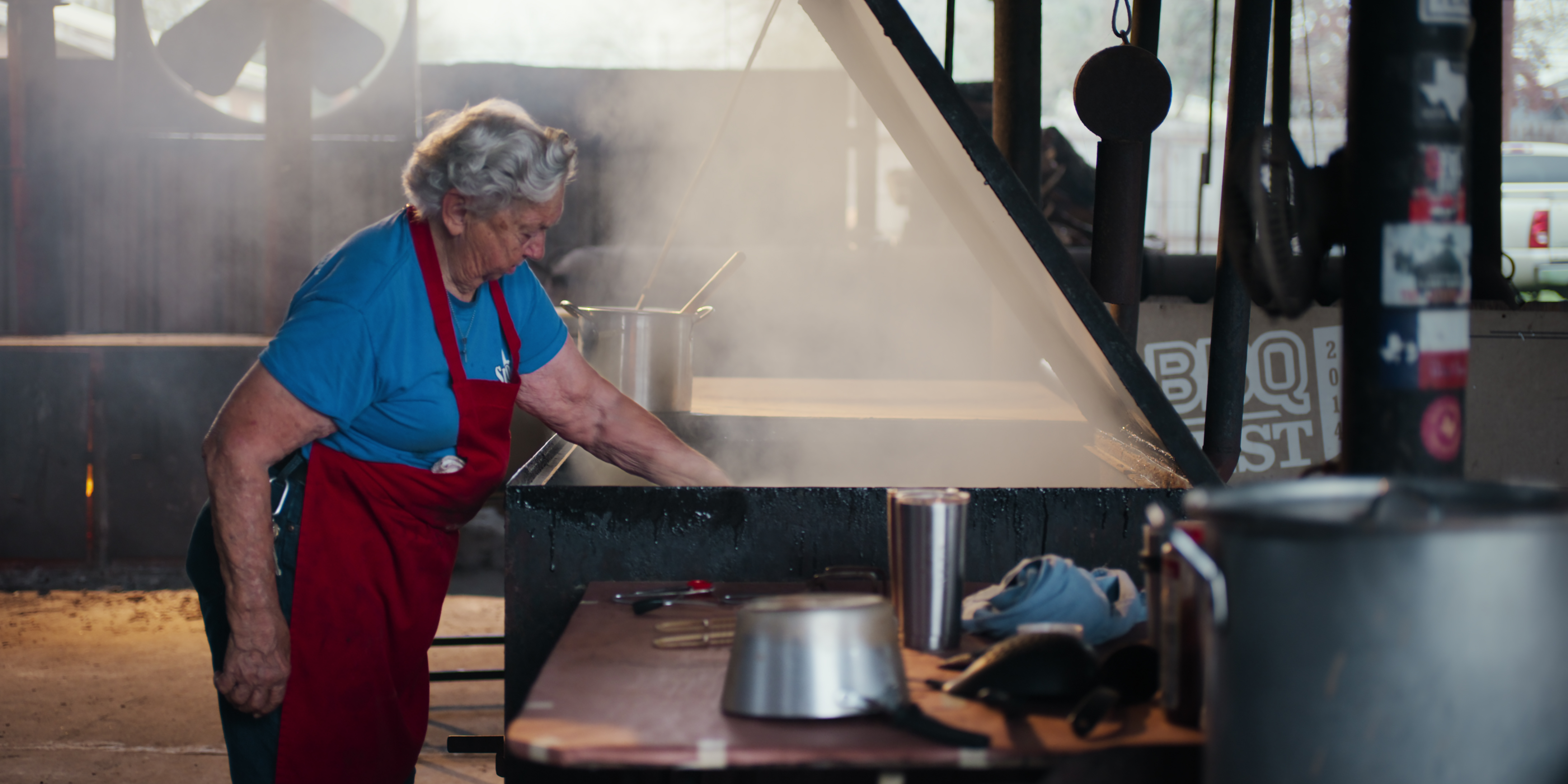
Snow’s BBQ in Texas’ Hill Country is iconic. That’s in no small part thanks to the tireless work of Tootsie Tomanetz.
The octogenarian wakes up in the middle of the night to make beans, stoke fire pits, and ready herself for the weekend onslaught of BBQ fanatics who flock to Snow’s. Oh, and all of that is done after a full work week as a custodian at the local high school. But this episode is more than just a look at Tomanetz’s amazing work ethic. The show tells the story of one of the most important people in Hill Country BBQ in the modern age, along with the highs and lows that life brings. All of that makes this one of the best “non-chef” episodes of the series.
7. Alex Atala (Volume 2)
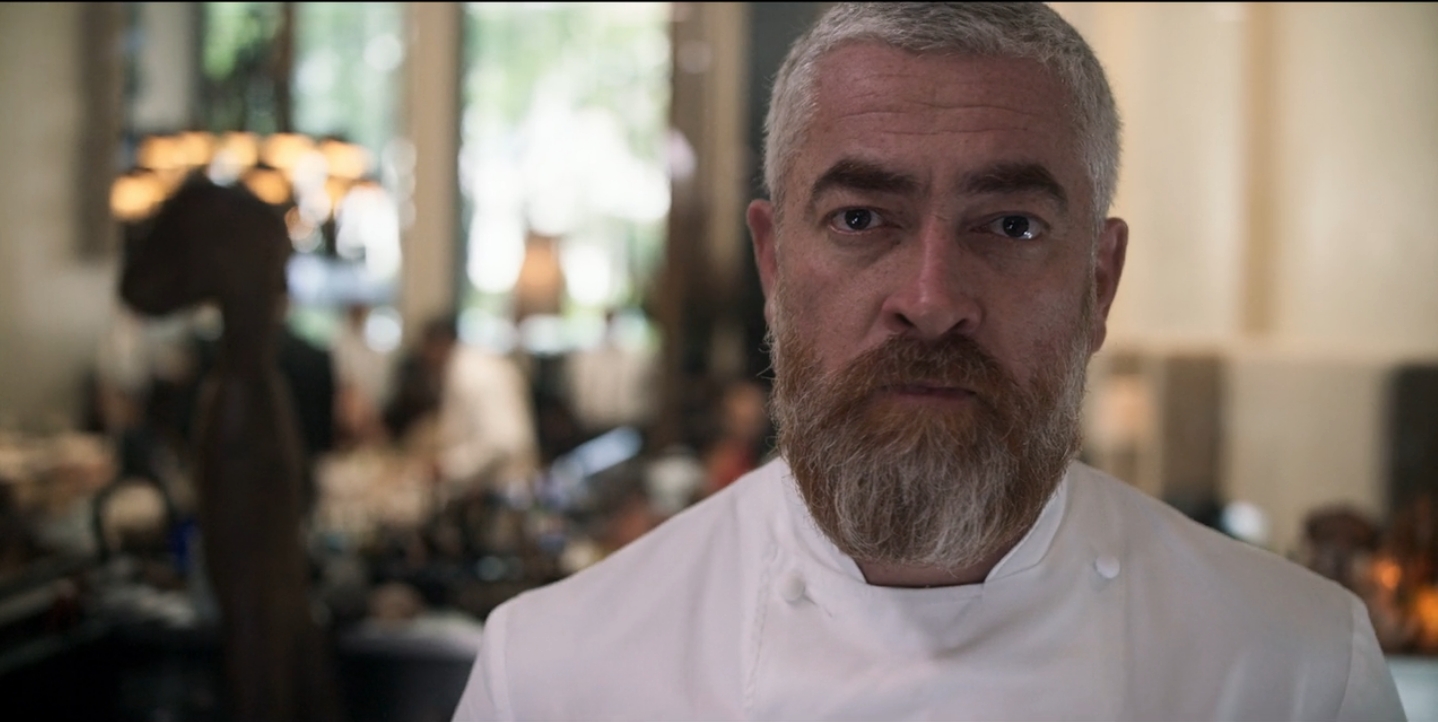
Chef Alex Atala is helping redefine what we think of Brazilian cuisine. The genius of chef Atala — the son of Irish and Lebanese settlers — lies in his ability to parse the various influences on Brazilian food from colonialism to slavery to the depths of the embattled Indigenous Amazon.
This episode feels important. You’re lured into Atala’s life in his busy kitchen and then transported into Amazonia. The show balances the colonial world with the Indigenous world in a fascinating and respectful way, without playing into any white savior tropes. It’s enlightening food TV.
6. Jeong Kwan (Volume 3)
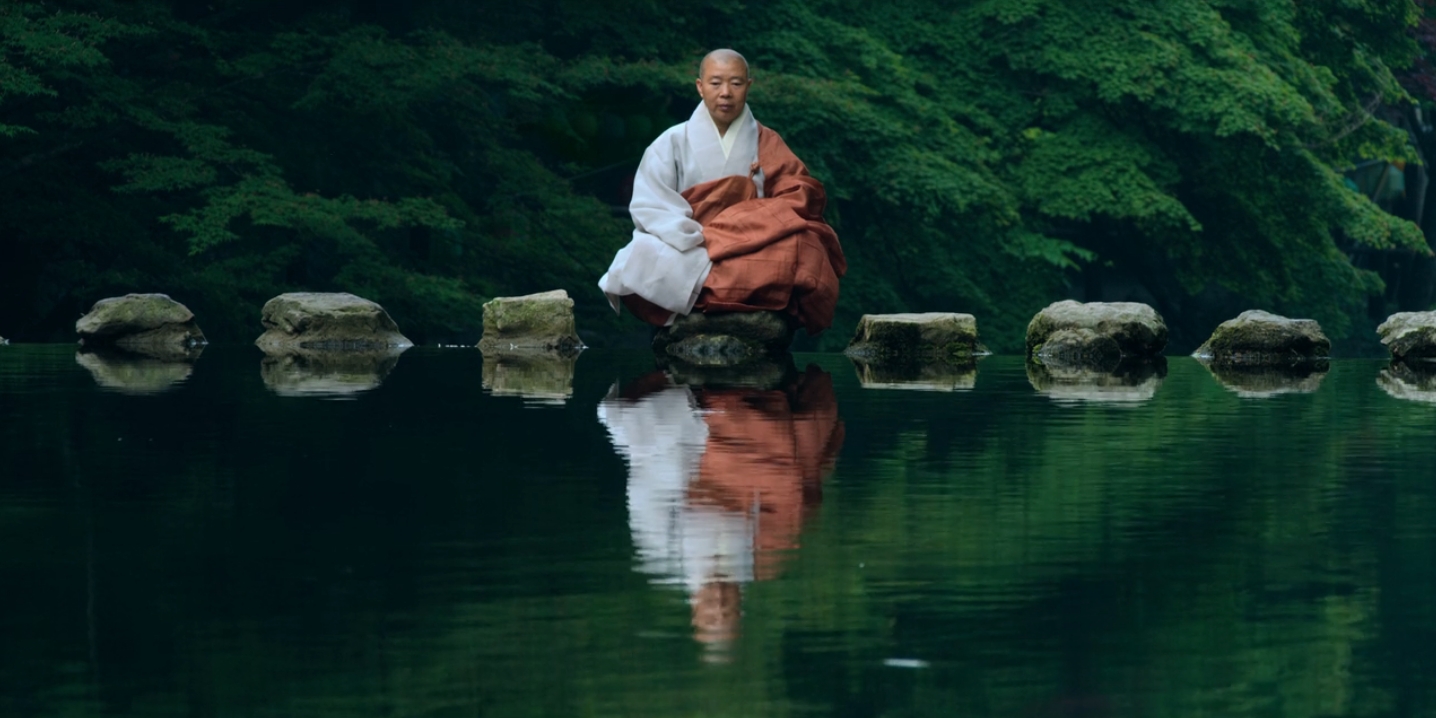
Volume three was a big shift for Chef’s Table. It was a glimpse at what the show would become. Big-name chefs were still at play in five of the six episodes. And then there was an episode about a nun who cooks for her monastery in the mountains of Korea.
This episode was a game-changer for the show. The story of Jeong Kwan, her garden, and her kitchen was revelatory. Suddenly, we were out of the hustle and bustle of professional kitchens and thrown into the calm of mountain streams, prayer sessions, and the breeze rolling through trees. A new chapter for the show had been found in the most unlikely of places, a Korean monastery. The show would never really be the same after this episode.
5. Rodney Scott (Volume 7/BBQ)
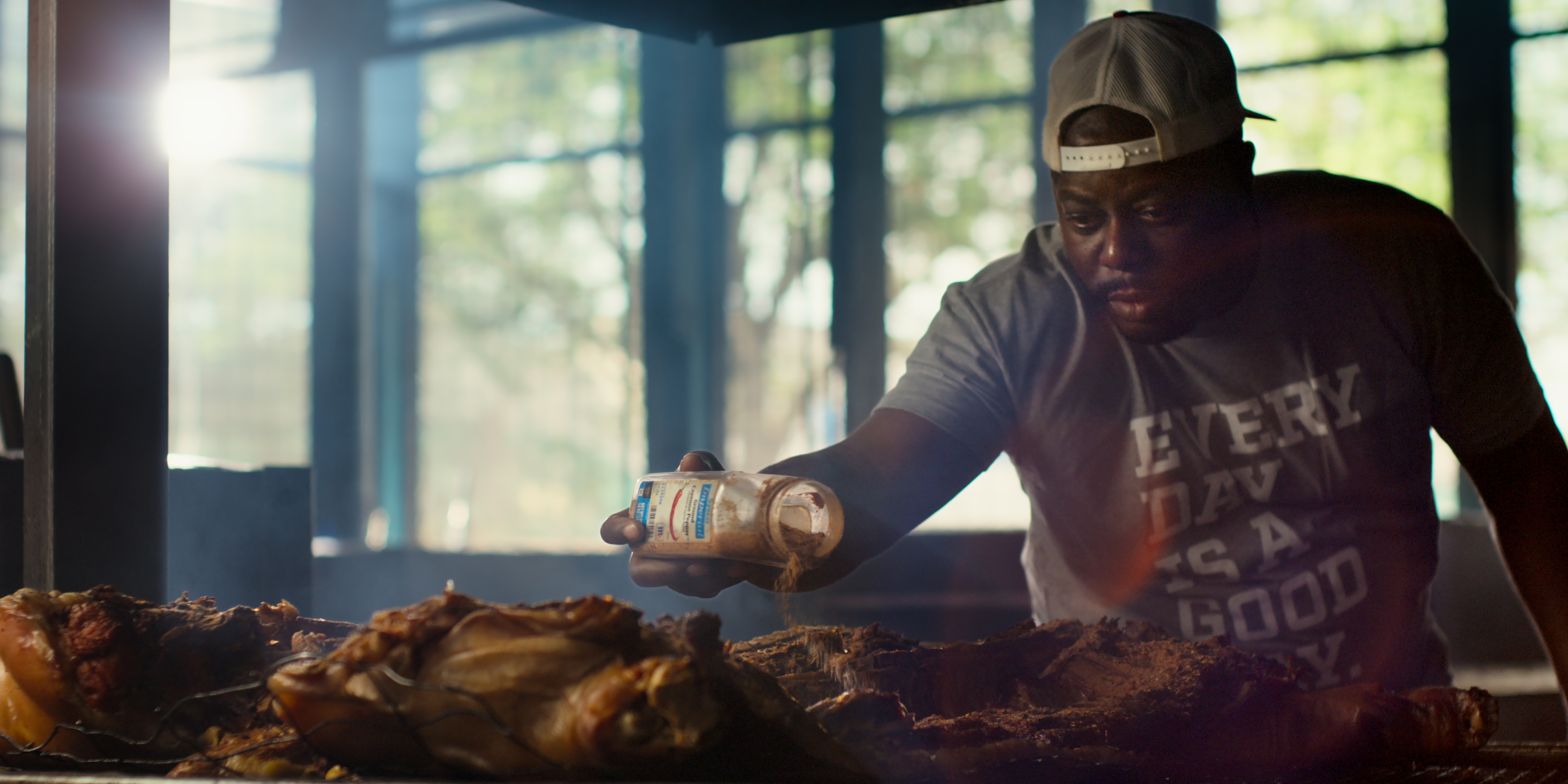
The top five of this ranking are pretty much all just splitting hairs. Each of the next five episodes could stand alone at number one for how engaging and well-rounded they are as short documentaries.
Rodney Scott’s Carolina whole hog BBQ pit mastery is the stuff of legend. Scott’s so good at whole hog, he’s able to travel the country bringing his expertise to the masses.
Scott’s episode feels like a blend of what the show was and what it’s become. There’s a sense of the real-life, accessible food at play here. Anyone can rock up to Rodney Scott’s BBQ joint in Charleston and eat there. There’s no elitist reservation system or elitist pricing-out of average consumers. But this episode is also about a true master of the culinary world. There’s a bit of inaccessibility to this in a good way. That is, as you watch, you realize that you can’t cook a whole hog anywhere near as good as Scott and you probably never will.
4. Mashama Bailey (Volume 6)
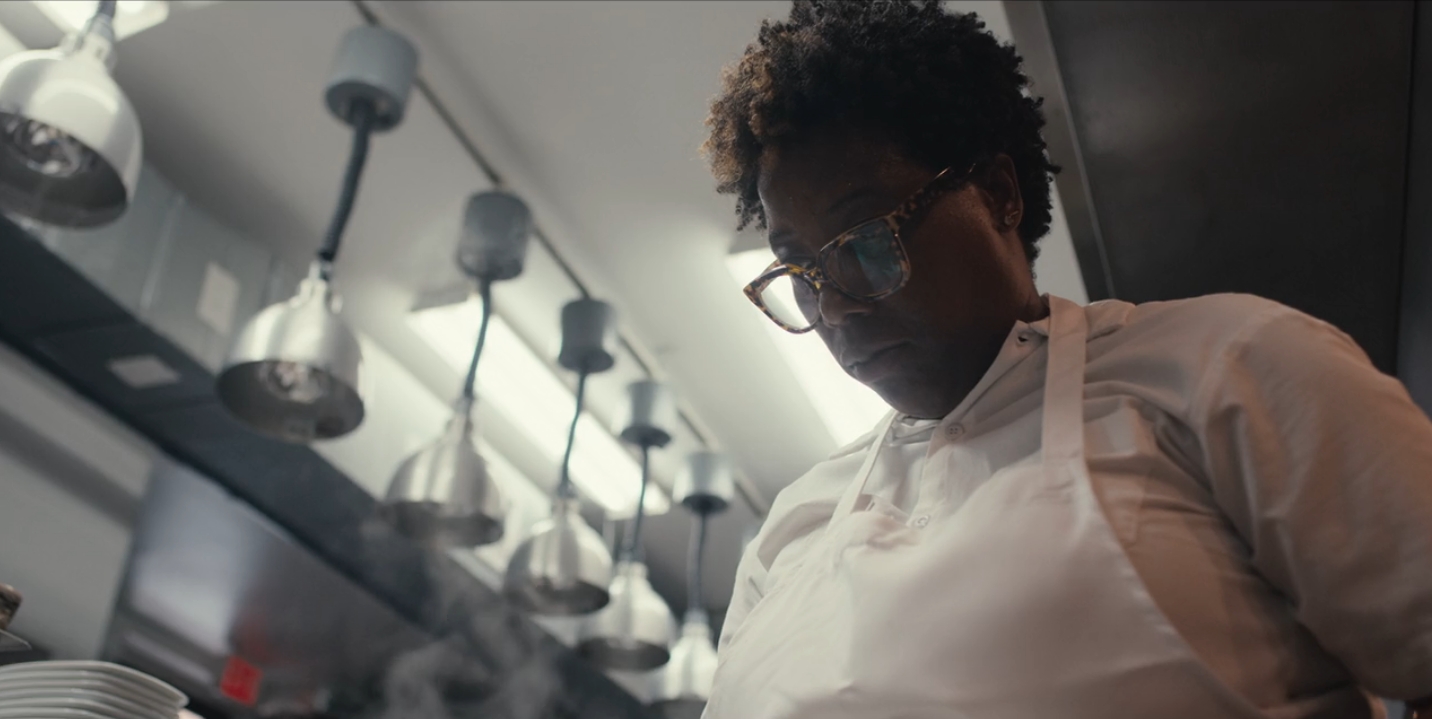
Chef Mashama Bailey found her voice while turning a formerly segregated Greyhound bus station in Savannah, Georgia into one of the nation’s best restaurants.
Chef Bailey’s story starts when she returns home to Georgia after years spent in New York’s kitchens. Bailey pulls no punches in searching for her roots and meaning through food. The episode shines a light on what America was and offers a ray of sunshine what it can be when chefs like chef Bailey take a stand, look inward, and find their own truth.
3. Asma Kahn (Volume 6)
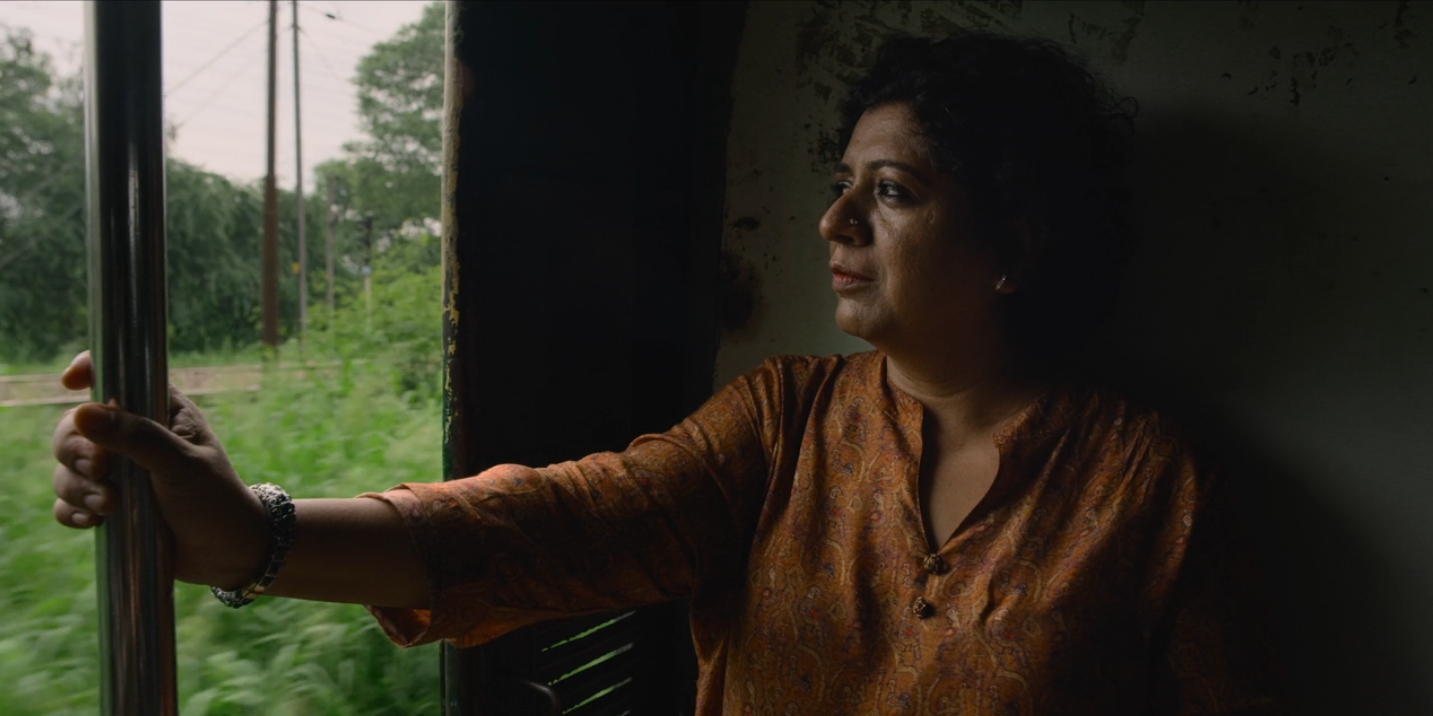
It’s hard not to fall in love with Asma Khan in this episode of Chef’s Table. There’s a directness to her. You do not bullshit this woman. Then a welcoming smile inches across her face as fragrant and gorgeous food is set on the table and you know you’re home (I speak from experience. I’ve been lucky enough to attend chef Khan’s Briyani Supper Club).
Everything about chef Khan’s story and restaurant, Darjeeling Express, is engaging. Khan’s story from lonely housewife to the supper club toast of London to running one of London’s best restaurants draws you in and doesn’t let go. You feel Khan’s pains, triumphs, and power. Her all-female/all-migrant kitchen is a testament to Khan’s mettle and unwillingness to compromise her family, her friends, or her food.
2. Cristina Martinez (Volume 5)

The risk taken by Indigenous Mexican chef Cristina Martinez in this episode is massive. We don’t mean risks in the kitchen or with some esoteric artistic ideas. We’re talking about real-life consequences where losing one’s home and freedom are painfully real. Martinez is an illegal immigrant from central Mexico. She put her livelihood and home on the line to make this episode of television.
What’s more, Martinez is making some of the most American food there is in Philadelphia — a city that’s virtually forgotten Indigenous food. Martinez is also bringing corn back to a place where it was expunged through genocide and reigniting a way of cooking meat that has been gone for far too long.
In the end, this episode should leave you questioning how we can call Indigenous Americans from south of a border made up by colonists “illegal.” It’s patently absurd. But after your outrage will come a sense of admiration through some of the most beautiful food ever seen on the show.
1. Rosalia Chay Chuc (Volume 7/BBQ)
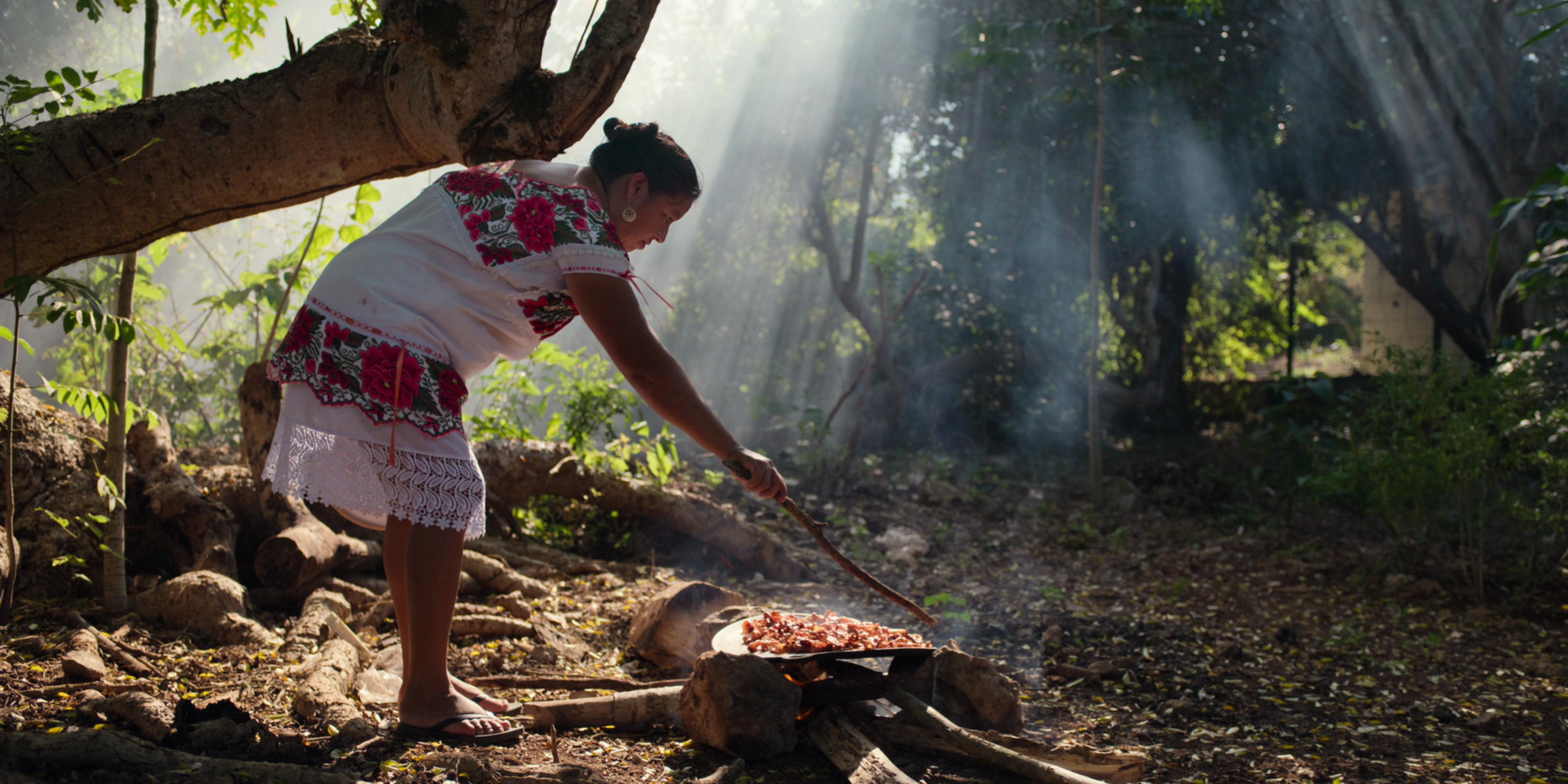
There are two reasons why this is at number one. The first is the uniqueness of this episode. Rosalia is a home cook who feeds her community but has recently turned to feeding foodies from all over the world who make it to the Yucatan. This episode also touches on issues even deeper than the millennia-old Mayan foodways Rosalia is preserving. Issues of culture, tradition, and the decimating power of colonialism.
There’s a real sense of place, time, and trauma at play here. Rosalia talks about having to learn Spanish to survive in modern Mexico and the challenges of fighting to preserve her ancestral agriculture and traditions. The conversations and point-of-view offered throughout the episode are a rare and engrossing look at the foods of Mexico — which are most-typically filtered through a colonial-settler lens.
